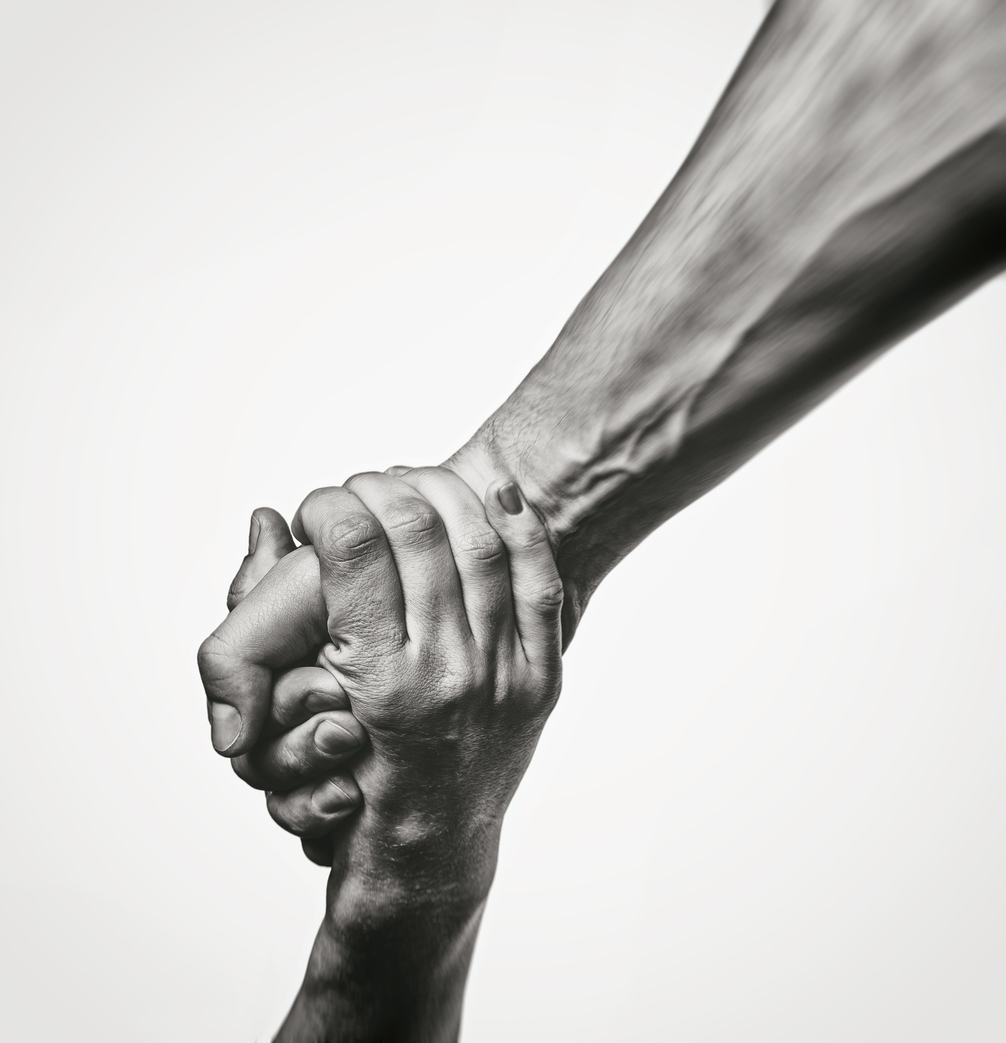Suicide is in the headlines, leading many to wonder how we might know when someone is thinking about killing themselves.
People who have a mental illness or substance use problem, those who struggle with impulsivity, and those who have a serious or chronic physical health problem (especially with constant pain) are at an increased risk for suicide. So are those who have experienced trauma, such as abuse, violence, or deployment, or those who are dealing with stressful life changes or prolonged exposure to stress, such as intense bullying or unemployment. And one of the biggest risks is a previous suicide attempt or being close to someone who died by suicide. (Learn more about risk.)
Many who attempt suicide often show signs. You may see changes in behaviors and patterns, ranging from sleep, interaction with others, and work or school performance. A sudden improvement in someone’s mood, going from incredibly sad or despondent to content or happy, is one of the biggest — and most confusing — signs. Generally that’s a sign of relief. He or she has made a decision and sees an end to the struggle; therefore they may actually feel better.
Knowing what to look for can literally help save a life. Here are a few of the most common suicide warning signs across all age groups.
- Talking about suicide and dying
- Threatening to kill oneself
- Seeking access to means
- Withdrawing from family and friends
- Feeling hopeless; saying things like “You’d be better off without me”
- Feeling trapped and out of options
- Increasing use of alcohol and/or drugs
- Showing a significant mood increase
- Giving away possessions and saying goodbye to people
One of the most dangerous myths about suicide is that if you ask someone if they are thinking about killing themselves, then you might give them the idea. NOT TRUE. The opposite is often the case as the individual may want someone to see their struggle, may have been searching for a way to tell someone, may have wanted to ask for help. Even if the person chooses not to talk about it, he or she may be glad that you asked and may feel reassured that someone cares.
You can make a difference. Save the hotline numbers below in your phone. Sign up for a Mental Health First Aid course. And don’t be afraid to ask the question.
Maryland’s crisis hotline is 800-422-0009 and you can also download the Stay Alive Suicide Prevention app at https://www.prevent-suicide.org.uk/stay_alive_suicide_prevention_mobile_phone_application.html. Nationally, call 800-273-TALK (8255), text CONNECT to 741741, or chat at https://suicidepreventionlifeline.org/chat/.





